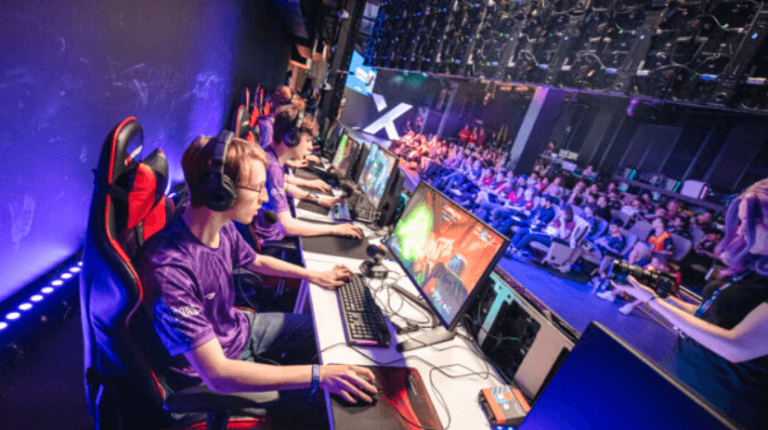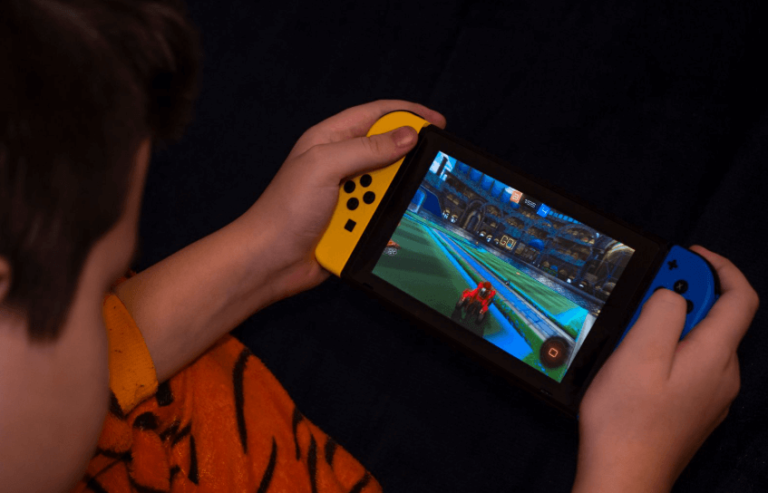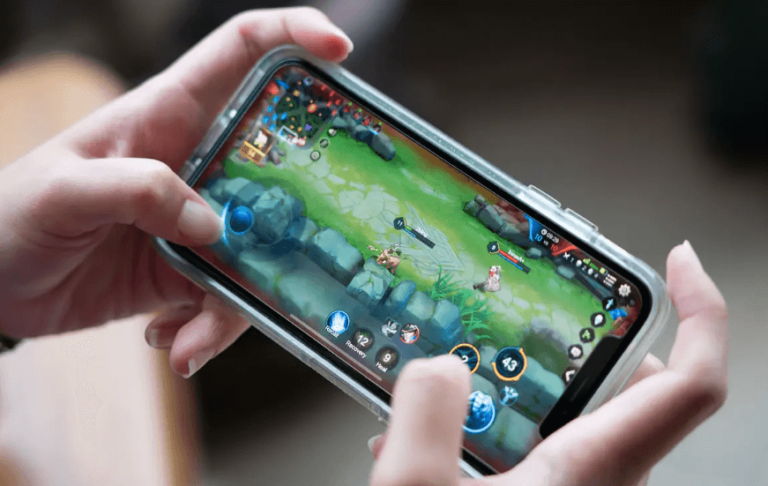The Psychology Behind Gaming: Why We Play and What We Learn

The intricate psychology of gaming reveals a multifaceted landscape of motivations that drive individuals to engage with virtual worlds. From the allure of competition and the quest for mastery to the emotional resonance of storytelling, players find themselves immersed in experiences that extend beyond mere entertainment. Additionally, the social dynamics fostered within gaming communities can enhance interpersonal skills and cultivate relationships. As we explore these dimensions, it becomes evident that the implications of gaming reach far beyond the screen, challenging us to consider the lessons and skills we acquire along the way.
The Appeal of Competition
Competition in gaming serves as a fundamental driver of engagement, capitalizing on intrinsic motivations such as the desire for achievement, social recognition, and the thrill of rivalry.
This competitive drive fosters an environment where players are compelled to pursue skill mastery, enhancing their capabilities while navigating challenges.
Such dynamics not only bolster individual growth but also create vibrant communities that celebrate excellence and innovation in gameplay.
See also: How Multiplayer Games Are Building Global Communities
The Power of Storytelling
While competition fosters engagement through skill development and community interaction, the power of storytelling in gaming captivates players on a deeper emotional level, enhancing their immersive experiences and connection to the game world.
Narrative immersion allows players to explore complex themes and character development, fostering emotional engagement that transcends mere gameplay.
Ultimately, this enriches their understanding of human experiences and perspectives in a unique, interactive format.
Social Connections in Gaming
Social connections in gaming play a crucial role in fostering community engagement and enhancing player experiences, as they facilitate communication, collaboration, and shared narratives among individuals across diverse backgrounds.
Online communities emerge as platforms for exploring friendship dynamics, allowing players to forge meaningful relationships.
These interactions not only enrich the gaming experience but also contribute to the development of social skills and emotional resilience.
Lessons Learned From Gaming
Through immersive experiences and complex narratives, gaming can impart valuable life lessons that extend beyond the virtual realm, fostering critical thinking, teamwork, and problem-solving skills among players.
This environment promotes skill development and enhances cognitive benefits, enabling individuals to tackle real-world challenges more effectively.
Ultimately, gaming serves as a powerful medium for personal growth, encouraging players to harness their potential and creativity.
Conclusion
In a world often critiqued for fostering isolation, gaming paradoxically emerges as a profound catalyst for personal development and social engagement.
While players may be perceived as merely seeking escapism, they are, in fact, honing critical skills essential for navigating real-life challenges.
The immersive nature of gaming not only entertains but also cultivates resilience, teamwork, and strategic thinking.
Ultimately, what appears to be a pursuit of leisure reveals itself as a rigorous training ground for life’s complexities.



